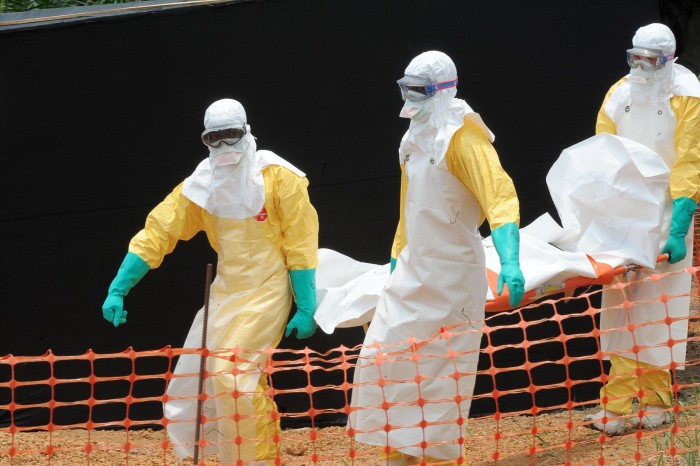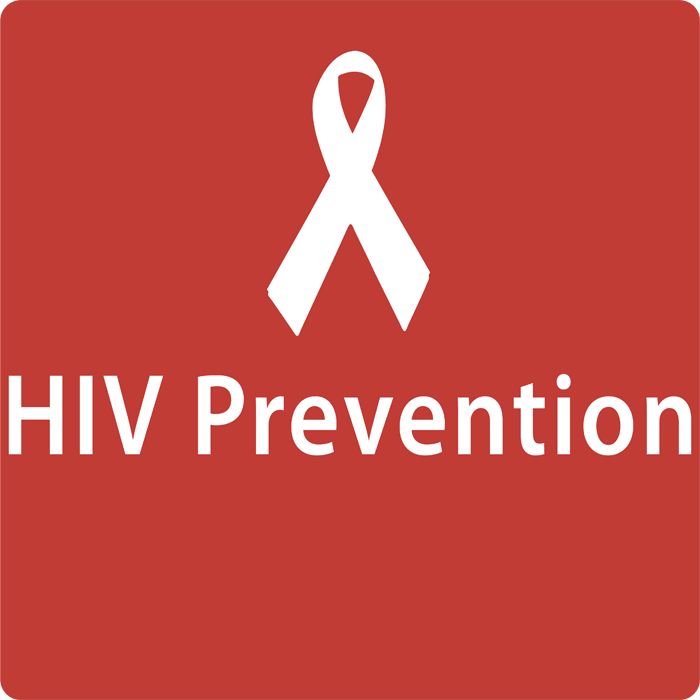Dr. Julia Ejiogu is the Founder/Chief Executive Officer of Autism Care and Support Initiative. In this interview with Feminista, she speaks on education and support of children affected by autism, as well as their families.
Can you tell us more about this foundation?
Our organization’s motive and vision is centered around providing access to care for children who have autism as well as their families. We are also involved in advocacy. We want to tell the world about autism, we want people to understand the challenges that children who have autism face, especially the stigma that surrounds them. Also to let parents know that autism is not a death sentence and that if you intervene early, your child can have an opportunity to mainstream life. That is possible with the right therapy and the right method of teaching. We also train teachers on how to teach these children and run an inclusive class room. We work with the National University Commission to promote inclusive education. We have done a lot of work in these areas, as well as round-table seminars, and they have been great in promoting inclusive education.
Why Autism?
I am a family physician and was trained in the US. I returned here two and half years ago. Family medicine allows you to practice medicine on every spectrum, so,I do pediatrics; I have often diagnosed children with autism. On returning to this country, I met several friends, families and colleagues who have revealed to me the difficulty in finding resources for their children. No parent should leave this country in search of good services because it is possible to have it here. If we trained the therapist the right way, using the right method, the same way a child with autism in Alaska, Virginia will respond is also the same way a child in Enugu, Zaria and Lagos will respond to therapy. There is no difference. It is all about using the evidence based method.
So, our desire is to train more people who can provide this therapy the right way.
What is the uniqueness in your foundation?
We have an approach on research and evidence-based intervention. We practice an integrated approach; not only do we provide one-on-one services for children but for the parents and care givers. Even the driver- whoever interacts with that child can also be provided with the basic training for that child as he takes the child to school.
A child who has autism, according to researchers, should have forty hours a week therapy intervention and this is pretty difficult to find in this part of the country. What we want to do is to give the child some of those hours when they go to school, also give some hours when they come back home, while their parents and caregiver also provide same kind of therapy intervention and we get closer to the forty hours intervention.
We are not just focusing on the child but with every individual that cares for the child. We have been in existence for two and half years. We have about fifteen children right now but more of the male because autism affects more male than female, the ratio is about 4-1.
How do you create your awareness?
Sometimes we do mass communication by e-mail, reminding people that it is important that a child who has autism be included in the society. They shouldn’t be neglected- that if detected early, that child can go to a regular school and can have a better life. We are also planning to set up a new centre. Our main aim is to tell Nigerians that autism is becoming an epidemic in the world. 1 in every 68 children, quoting the CDC in the United States, has autism. In Nigeria, we don’t know what the data is. We will like to change that. We are collecting our data and in the next few years, we will set our structures in a better way.
As a professional, do you see any gap in managing autism in Nigeria
Very huge, first of all resources are all scattered. So, parents have difficulties as to where to find help.
For example, here, most mothers take their children to hospital only during immunization or when that child is running temperature. But in the states, visits to the pediatrician are regular and as a result, the child can be evaluated and any abnormality detected can be tackled immediately.
In the US, the county, which is the local government here in Nigeria, will immediately set up a team to evaluate the parents’ home and evaluate the child and recommend services.
Some children start as early as eighteen months, so, you can imagine how well that child will change his orientation.
It is such an important thing to do between eighteen months to five years; that is when the brain is moulding. When that time passes, things become more complex and tougher to handle.
Let me take you back to the way of life in Nigeria. We live in a country where people believe in spiritual forces. What advice do you give to such people?
Here is a very big issue. I believe in spiritual powers and higher power. If your child has exhibited continued patterns of behavior such as jumpping up, wanting to spin around, smells people or pinches people, and is aggressive and would want to be by themselves most times, you should double check.
If you have prayed and fasted and you still see things happening, then it is no challenge to your faith. There is wisdom in seeking professional evaluation and help. There is nothing wrong in praying and fasting as well as getting professional help.
 The Ebola virus was transmitted by semen and breast milk during the latter stages of the outbreak in Sierra Leone, a new study shows.
The Ebola virus was transmitted by semen and breast milk during the latter stages of the outbreak in Sierra Leone, a new study shows.



